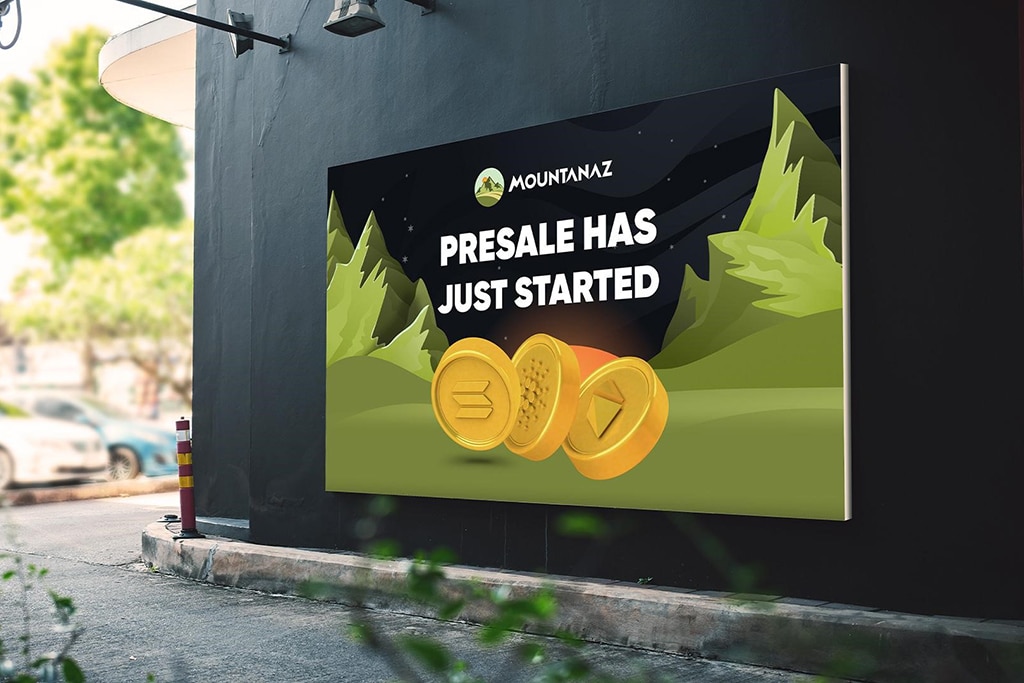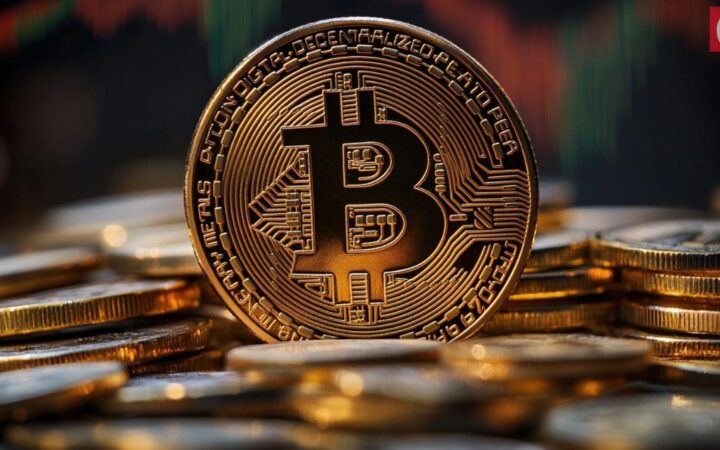
Decentralised Autonomy Takes Your Crypto Journey to the Next Level
Decentralisation is the core of the crypto industry, assisting in the resolution of numerous issues, including the reliance on a middleman, and supporting the sector’s exponential growth and development. It ensures that no single party has total control over a project’s development. Instead, a large group of individuals is in charge, working hard to carry the effort ahead.
Because blockchain technology is decentralised, members of crypto communities bear the responsibility of collaborating in order to obtain greater development and progress. The success of a community is characterised not only by the number of persons that comprise the group but rather by the connectivity between individuals and the quality of their exchanges.
DAOs (Decentralised Autonomous Organisations) are defined by rules coded as transparent computer programmes, administered by the organisation’s members, and unregulated by a centralised authority. Every member of the community has a say in how they operate, democratising organisational decision-making. DAOs use smart contracts, and the rules are ratified by community vote.

How Do DAOs Improve Your Crypto Experience?
DAOs present numerous major benefits to the cryptocurrency sector. A DAO is decentralised and transparent, giving its participants total control over the protocol’s upkeep. DAOs are also automated through the use of smart contracts, and decisions are made automatically, removing the need for third-party intervention.
The potential investment returns on DAO cryptos are highly appealing. DAO token holders are allocated a fixed proportion of the exchange’s trading volume. As an outcome, a stable monetary incentive arises, with a focus on long-term and reliable investments. These benefits and the mindset of a community separate DAO tokens from non-DAO projects.
How Does Mountanaz (MNAZ) Aim to Deliver Its Decentralisation Promise?
Mountanaz (MNAZ) intends to become a financial centre for the DeFi (Decentralised Finance) sector. Its ecosystem components will include lending, borrowing, lending rate, utilisation ratio, and liquidation concept are all components of the ecosystem.
Mountanaz is a DeFi protocol designed to give cryptocurrency users easy access to decentralised financial systems and products. Individuals may borrow and lend crypto assets using the platform’s multi-chain network.
To ensure the distribution system’s efficiency, the project will use a liquidity pool strategy. Due to an always-available liquidity pool, the interval between request and wallet credit is significantly reduced. For lending security, borrowers must simply put collateral in a coin other than the borrowed crypto. In addition, Mountanaz will feature liquidity pool rewards through lending interest, allowing users to generate some passive income.

The governance of Mountanaz is based on the concept of DAOs. A voting method on the site will give the community more autonomy. Long-term objectives include combining community-driven innovation with effective decision-making and implementation.
The quantity of native MNAZ tokens in users’ wallets, as well as on-chain and off-chain activities, will be used to determine voting power in the DAO. DAO members will make decisions on interest rates and liquidation conditions, protocol updates, collateralization ratios, liquidity incentives, and withdrawals.
Mountanaz also intends to establish an open forum where individuals who are not part of its DAO governance can make proposals that will be put to a vote if they receive enough support. Furthermore, MNAZ social platforms welcome comments and suggestions that could help improve the ecosystem.
For more information about Mountanaz (MNAZ) visit: Website, Presale, Telegram, Twitter, Instagram.
Disclaimer: This publication is sponsored. Coinspeaker does not endorse or assume responsibility for the content, accuracy, quality, advertising, products, or other materials on this web page. Readers are advised to conduct their own research before engaging with any company mentioned. Please note that the featured information is not intended as, and shall not be understood or construed as legal, tax, investment, financial, or other advice. Nothing contained on this web page constitutes a solicitation, recommendation, endorsement, or offer by Coinspeaker or any third party service provider to buy or sell any cryptoassets or other financial instruments. Crypto assets are a high-risk investment. You should consider whether you understand the possibility of losing money due to leverage. None of the material should be considered as investment advice. Coinspeaker shall not be held liable, directly or indirectly, for any damages or losses arising from the use or reliance on any content, goods, or services featured on this web page.




